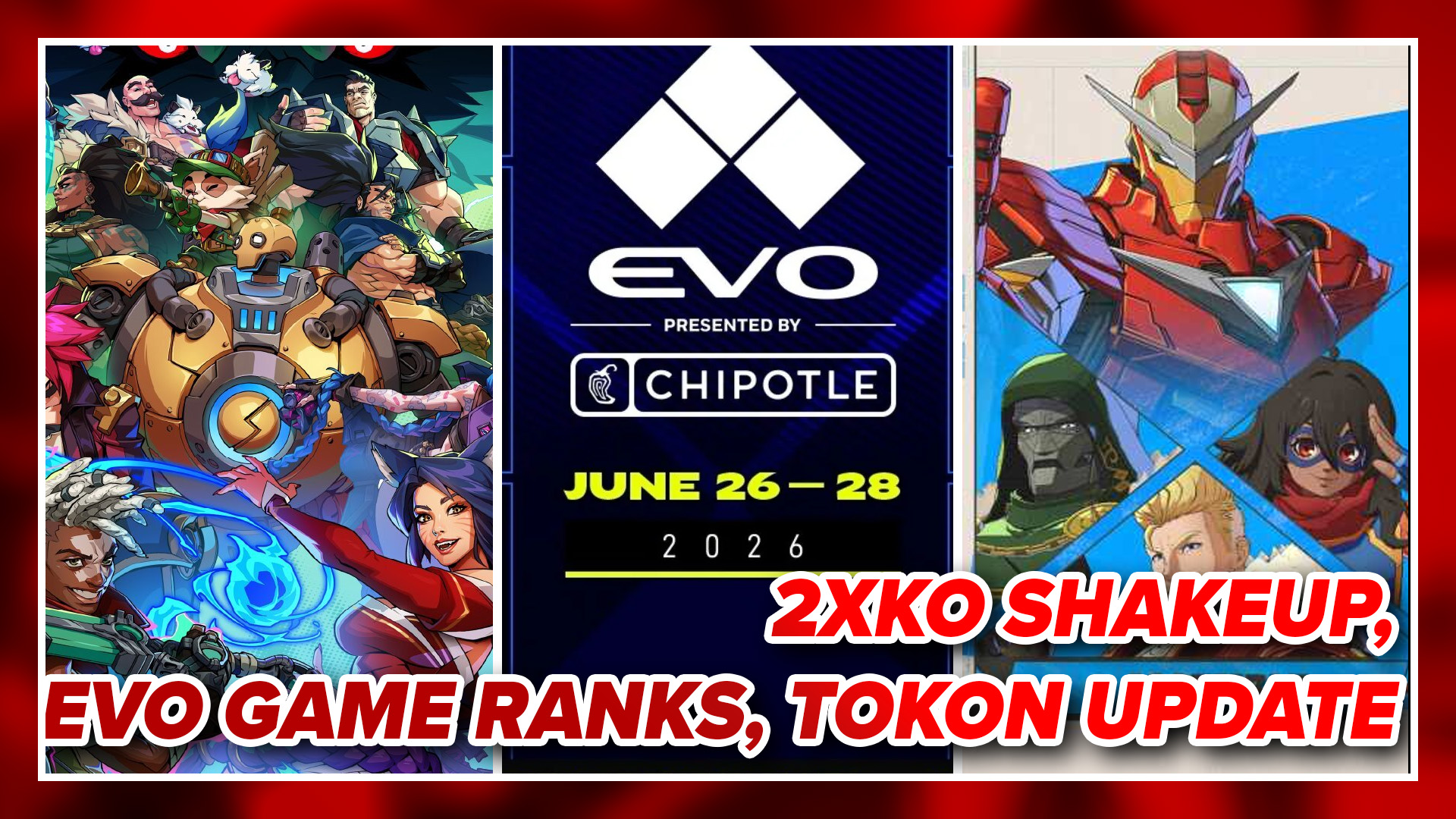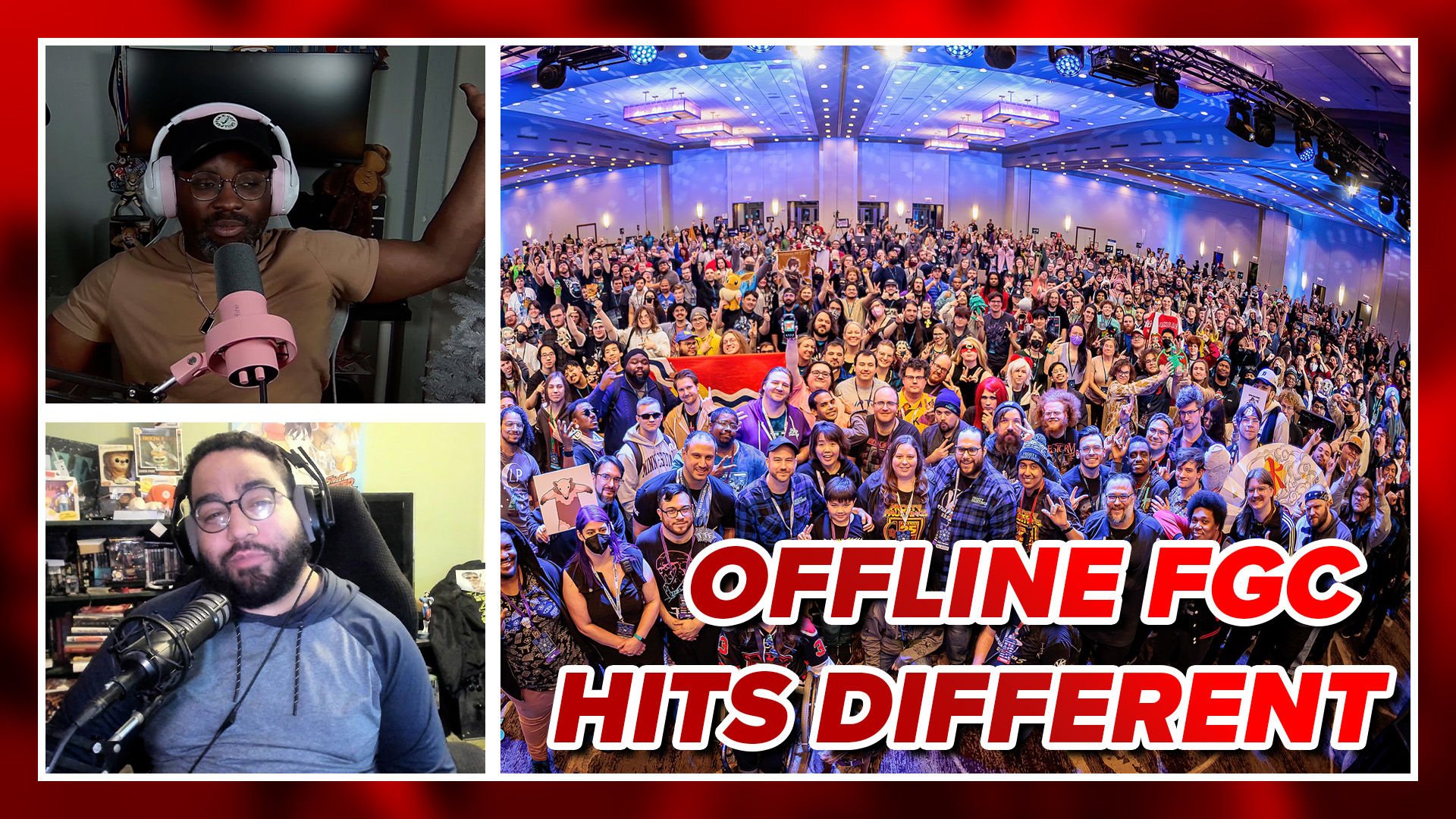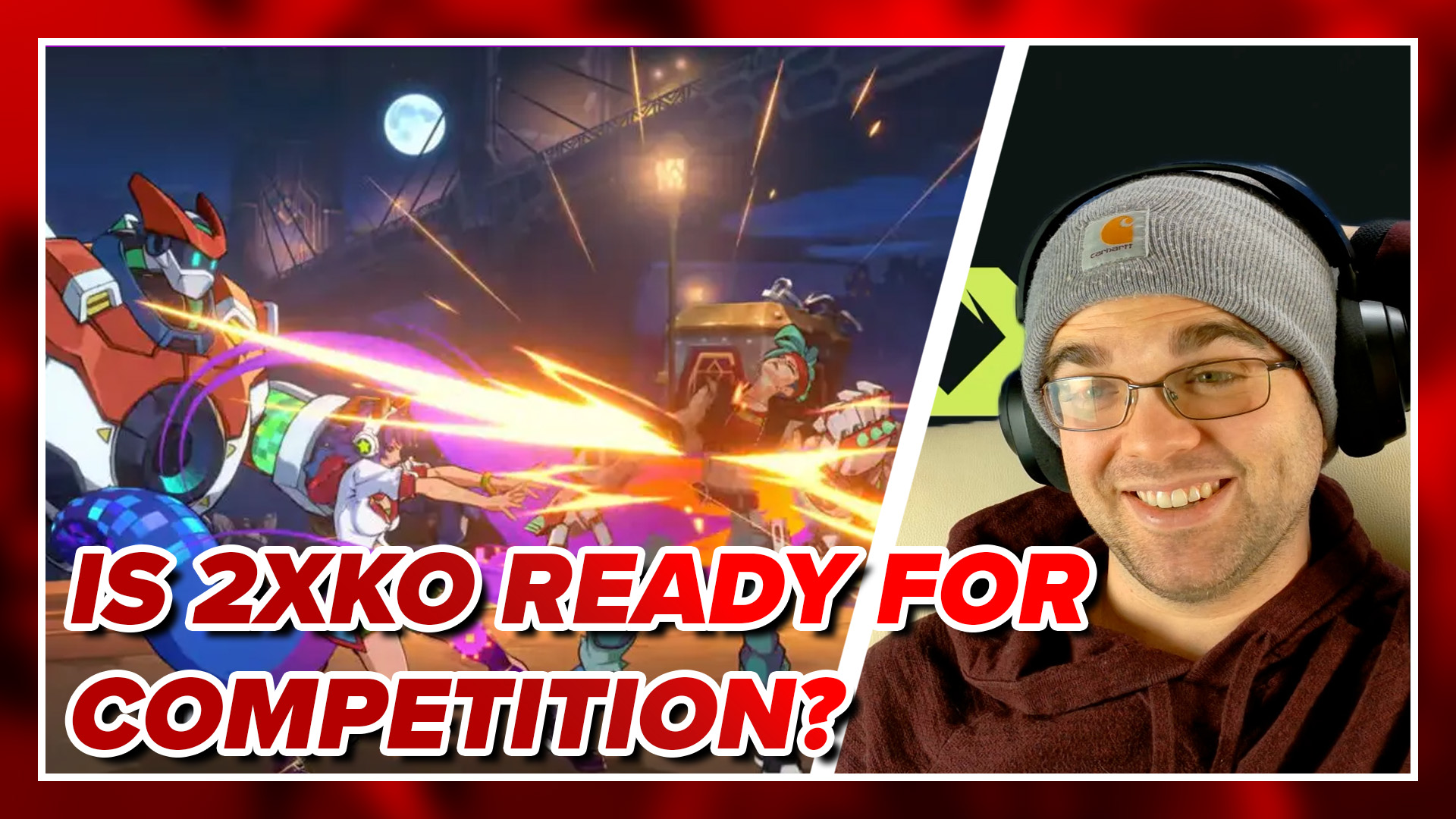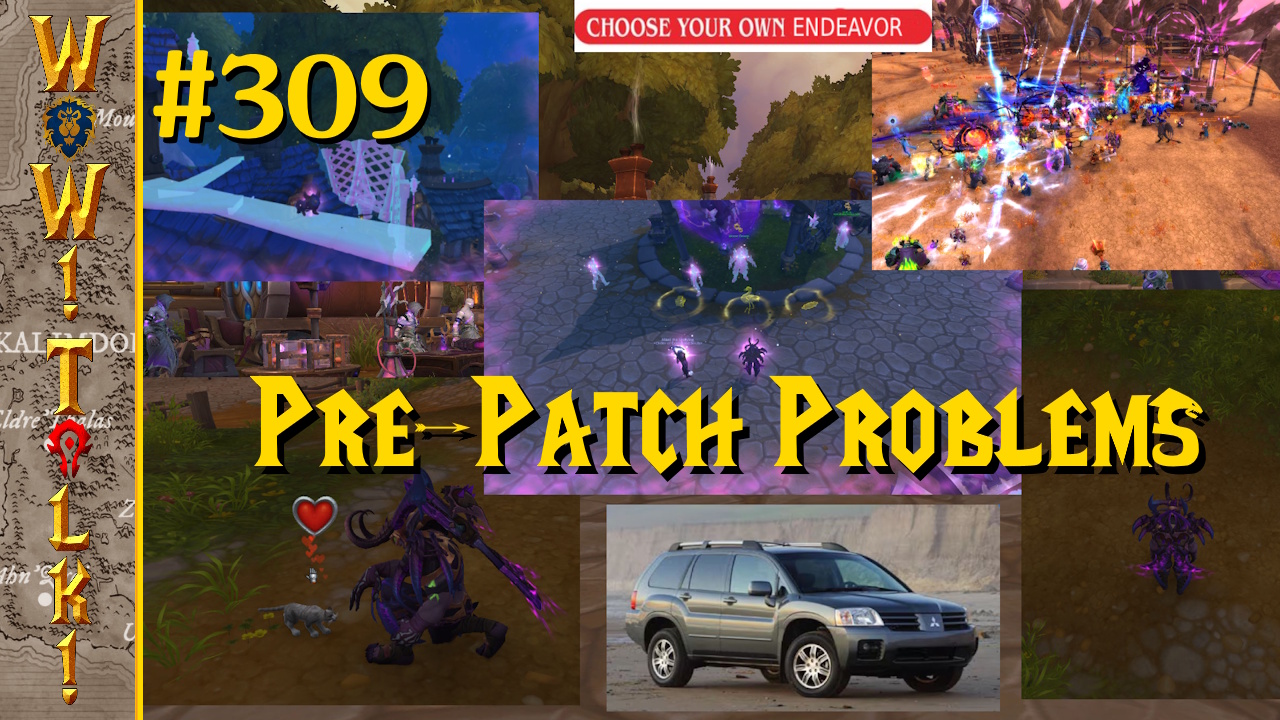 (Tributes and references to games and fantasy in general are abundant)
(Tributes and references to games and fantasy in general are abundant)
Doom & Destiny is not as much a tribute to the Japanese RPG (JRPG) as it is an acknowledgment of the overplayed conventions in so many of them. There’s only so many plucky young teenage heroes who save the world from a forbidding (and yet strangely well-known) doom that the world can take; especially when everything surrounding the premise is formulaic too. The tone Doom & Destiny angles for is more tongue in cheek and less scathing commentary; but the truth hurts, even if it’s hidden in a joke. Regardless, it’s still easy to tell that Benjamin Ficus and Heartbit – the studios of Italian developers Matteo Nicolotti and Francesco Ficarelli, respectively – made this game from a place of love. Because when you really love something, you can admit its faults, and even laugh about them.
The premise is simple: four average guys go to a friend’s house for a D&D session, but end up in a fantasy world, and find themselves in the middle of a very strange series of circumstances. Stylistically, the game resembles early Final Fantasy titles; all top-down navigation, pixels, and turned-based fighting. There are things you’d expect to find in a fantasy game, but plenty that you wouldn’t. For instance, you can wander into a forest and get into a battle with orcs, which is normal enough in the RPG genre. Chugging down beer and eating pizza to recover MP and HP, however, is decidedly not. You’ll spend your formative levels whacking monsters with shovels and 2x4s, which is the sort of mad juxtaposition that Doom & Destiny offers up from beginning to end.

The game riffs on cliché fantasy ideas, but also pokes at well-known and well-loved properties like Legend of Zelda, Lord of the Rings, Dungeons & Dragons, and even the Final Fantasy games it draws so heavily from. The references are many, and they’re in dialogue, characters, settings, and even events you take part in. Some of the storyline’s characters are played straight, acting in their standard RPG roles, while others step outside established norms under the strain of dealing with the smart-ass ‘heroes’ that have been pulled into their world. There are even townspeople who exist for no purpose but to get in your way, and will tell you so when you talk to them.
The heroes themselves are, like I said, smart-asses. The heroes are almost unlikeable, but it fits; in Doom & Destiny, everyone in the fantasy world is pretty much a jerk anyway. I found myself chuckling at many situations they got into and the dialogue between them and other characters, but the humor will be the subjective point for each individual that the game hinges on. There are inspired moments, usually occurring when the game works its referential humor into twists, like extra boss fights or quests. There were a number of times, though, where the humor defaulted to gay jokes or a bit too much cursing, rather than being genuinely funny. It didn’t cross into not-funny territory so much that it ruined the game for me on any level, but it’s not going to work for everyone.

(Reactions like this happen a lot)
The turned-based combat is simple, but also provides some amount of flexibility. Combat is built off of four attributes: Grit, Dexterity, Charisma, and Might. Each has two subcategories that are directly influenced by the main attribute score, as well as equipment. Grit covers Resistance (to harmful effects) and Critical hit chance. Grit is also a unique attribute, because you also gain an additional percentage of experience points based on the Grit score. Dexterity is responsible for Speed and Evasion (% chance that you’ll evade an attack). Charisma deals with the MP pool characters have for magic and abilities, as well as SPI, which determines the power of those magical attacks (and some abilities too). Might handles HP and the Strength of physical attacks.
In battle, the four heroes, along with any monsters and villains, are placed on an initiative based battle line. How soon – and how often – a character attacks is a product of their Speed rating. Once in the thick of things, there are also a number of spells and abilities that influence where characters end up during the flow of combat. Emerging victorious from battle awards the player with experience points, and once a character levels, you have the option to allocate points to their attributes, customizing them as you see fit. Achieving certain levels with the attributes also gives characters power points; these are the points you spend to allocate magic and abilities (both passive and active). The abilities you use points on aren’t set in stone, and you can adjust your setup anywhere you can access the menu (i.e. not in battle or dialogue).

(Customization is very flexible, with tons of abilities and spells to purchase)
There is also a tactics option in the menu where you can set your leader and who will be on the front, middle, or back lines in battle. As opposed to most RPGs where these settings are cosmetic, or a way to keep your casters out of harms way, Doom & Destiny does things a little differently. Each of the four heroes has an affinity for a specific attribute, and setting that character as leader confers some of that affinity to the whole party, depending on where they are positioned. For example, Francis has a Dexterity affinity, so setting him as leader with everyone on the front line gives each character an increase to Speed while taking a hit on Evasion. Conversely, having characters on the back line boosts Evasion and lowers Speed. This can be mixed and matched, depending on how you would like each character. The middle line initially confers no pluses or minuses, but at higher levels, a leader grants a positive boost to both skills. It’s not on the level of being front line, but it comes with no drawbacks. For a system so simple on the surface, combat is consistently the best part of the game, filled with options to explore.
The world itself is built using RPG Maker VX, and as such has limitations. Certain pieces were created for the game from scratch, like the main character portraits, but you’ll see many of the same assets used over and over again. It’s a precarious balancing act that Doom & Destiny pulls off, being the satire piece that it is. Having the same portraits for townspeople appear over and over again no matter where in the world you are would be annoying, except that it happens in so many RPGs. Suddenly the limitation becomes a strength because of Doom & Destiny’s intentions. To counter the frequently rehashed visuals, the developers put a lot of effort into the dungeon design, and the opportunities you have in the game at large. There is variety in the environments the heroes journey through, with lots of hidden areas and treasure secreted away, as well as hidden bosses and events.

The visuals in combat suffer less than the rest of the game, thanks to visual effects on the abilities and magic that are used. It did seem that some of the effects the developers concocted may have been a little too fancy for the constraints of the RPG Maker tools, because slowdown did occur with area-of-effect magic spells. Audio doesn’t fare as well, unfortunately, because the music and sound effects provided by VX only go so far. It’s not bad at the outset of the game, but the monotony of the tunes starts to stand out once you’ve hit the midway point. Lively tunes in the inns and pubs are a good change of pace, but aren’t encountered nearly enough to make a difference.
Doom & Destiny was an amusing experience that came in at a higher than expected play time (about 7 hours) without fighting one of the secret bosses or completely capping out character levels. Nicolotti and Ficarelli are actively engaged with the community on the Doom & Destiny forums, and have released plans to add additional quests and mid-game content through patches to expand the play experience, as well as issuing fixes to any problems players discover. All the additions will be free, as opposed to DLC, which makes the game an even better value at 240 MS points (3 bucks) than it already was during my play through. If you’re a fan of RPGs, and the standards of grinding for experience and gold to increase your power don’t bore you, then Doom & Destiny is worth your time. The humor is a matter of taste, but if you check out the demo of the game, it should give you a good idea of if it’s right for you.





